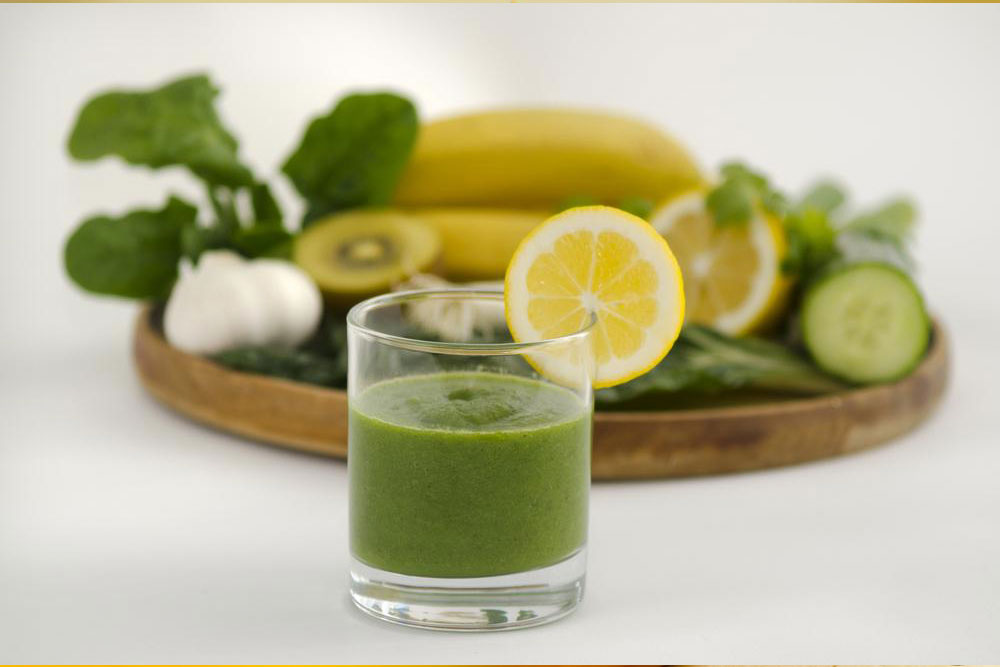
Foods that Accompany Bipolar Disorder Treatment
Bipolar disorder is a mental health disorder that is defined by dramatic or unusual mood swings of highs and lows. These episodes of mania and depression vary from person to person, along with the range that fluctuates between mild to extreme. Getting a mental health professional’s help is vital in treating this condition, and this is done with a holistic approach that involves not just medication but also therapy.
Following a bipolar disorder diagnosis, during treatment, there are some lifestyle changes that can help one manage the symptoms and keep them in check. According to a study presented in 2018 at the European College of Neuropsychopharmacology Congress, weight and dietary habits possibly influence treatments for bipolar disorder. Following a healthy diet can add to the treatment and recovery, so let us look at some foods that must be included in the diet plan of those suffering from depression due to bipolar disorder:
1. Omega-3s
There are studies that foods containing omega-3 fatty acids can help decrease the feelings of depression that a bipolar patient tends to experience. Omega-3 fatty acids play in role brain function and behavior, and they may be helpful in some people who are suffering from this disorder. They are found in fish like salmon, sardines, trout, mackerel, herring, anchovies, and albacore tuna. There are also fish supplements that can be consumed instead of consuming seafood. For vegetarians and vegans, other supplements for omega 3s would include walnuts, flaxseed, and canola oil.
2. Magnesium
According to studies, the intake of foods that contain magnesium is known to have a similar effect caused by lithium, which is commonly prescribed bipolar medication. Magnesium is responsible for maintaining normal muscle and nerve functions, making it one of the best foods that help with depression for bipolar patients. The deficiency of magnesium could possibly lead to depression in individuals, so upping this mineral’s intake can be good for the health. Some food groups that comprise a high amount of magnesium include whole grains, beans, and dark leafy vegetables.
3. Healthy fats
Found in avocados and olive oil, healthy fats essentially help curb an individual’s craving. Cravings for foods that are not a hit in bipolar treatment can be limited if one consumes enough healthy fats. Foods that help with depression for bipolar patients must include healthy fats for better treatment.
There are some foods that must be avoided by foods that bipolar patients must avoid at all costs, such as
4. Alcohol and substances
There are no benefits to consuming alcohol or substances in general, but when on psychiatric medication alcohol interacts poorly with it. Not just that, but this can also turn into an addiction that is hard to battle and will definitely not help in the recovery of the patient.
5. Grapefruit
While grapefruit is a nutritious fruit for the body, those who are on bipolar medications like anticonvulsants are recommended to not take this as it reacts poorly with the medication.
One must be aware that food is only a part of the lifestyle that affects the body and brain, and there are no supplements for medication and therapy to treat bipolar disorder. It’s crucial to take full consultation with a professional to understand other lifestyle changes that can be incorporated to keep one from having episodes. Mental health is a taboo subject even today, but it is vital that there be enough awareness and education around the topic to disbar this unhealthy attitude toward it. Those fighting bipolar disorder must remember they are not alone and help is always available.



